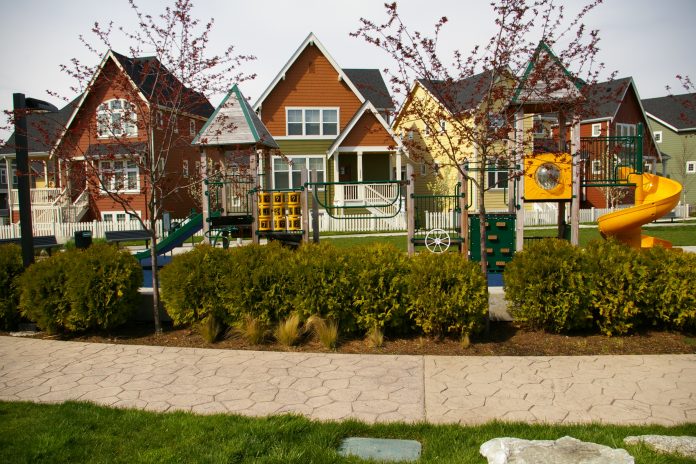In her second state of the city address, Seattle Mayor Jenny Durkan unveiled a proposal to expand the ORCA Opportunity program to include free transit passes for eligible Seattle Housing Authority tenants. A total of 1,500 participants could receive the transit passes if the proposal is implemented. The Mayor’s office designed the program to be a 12-month pilot with possible expansion after performance review.
“To build a city of the future, we must do more to expand access to affordable transit for our most vulnerable neighbors,” Mayor Durkan said. “This expansion of ORCA Opportunity will give 1,500 low-income residents an unlimited passport to Seattle. That means 1,500 more people can access training, school, and good-paying jobs, without having to worry about how they’ll get there.”
Last year, Mayor Durkan proposed legislation to make material changes to the Seattle Transportation Benefit District (STBD), allowing the city to provide more free transit passes to Seattle Public Schools (SPS) students and Seattle Promise community college students through the ORCA Opportunity program. The city council responded by expanding the program to cover all SPS high school students, 900 SPS middle school students, and 300 Seattle Promise community college students. The STBD funds the program through revenue derived from voter-approved car tab fees.
Now Mayor Durkan wants to expand the ORCA Opportunity program further by covering Seattle Housing Authority (SHA) tenants. Eligible tenants would need to reside at SHA-owned social housing properties in the city and make at or below 30% of the area median income (AMI). For context, 30% of AMI equates to $22,500 for a single individual or $32,100 for a family of four.
According to City analysis, these riders generally are eligible for ORCA LIFT, which discounts fares to $1.50 per trip on most trips. With free transit passes, these riders could save as much as $648 over the course of a year.
SHA’s Executive Director, Andrew Lofton, highlighted why the pilot program is integral to his organization’s social housing participants. “The residents who will participate in this pilot are extremely low income, and most cannot afford a car or even the cost of public transportation,” he said. “This partnership with the Seattle Department of Transportation will be a lifeline for hundreds of people in SHA housing who struggle to get to jobs or job training, medical appointments, a grocery store, and other vital services.”
The program would be run by the Seattle Department of Transportation (SDOT) and funding it through the STBD. As a pilot program, it would be a partnership with SHA and King County Metro. All three agencies would participate in evaluating its performance after the 12-month period, which could lead to further expansion.
SHA currently serves 34,984 individuals in the city. While the bulk of the tenants reside at SHA social housing properties, a large contingent of SHA program participants live on properties owned and managed by other low-income non-profit housing providers or hold Section 8 vouchers and live in private rental housing.
“Everyone deserves access to transit despite financial or other obstacles that might arise from time to time,” said Sam Zimbabwe, the soon-to-be appointed SDOT Director. “Mayor Durkan and SDOT are committed to creating equitable opportunities to keep Seattleites moving and mobile. Expanding ORCA Opportunity to serve 1,500 low-income residents does just that.”
With fully free transit passes, SHA participants would be eligible to use their ORCA cards for travel on services operated by King County Metro, Sound Transit, Community Transit, Pierce Transit, Kitsap Transit, and Everett Transit. This includes the King County Water Taxi and Seattle Streetcar system. The sole exception is Washington State Ferries, which also accepts ORCA cards but not transfers to other agencies.
Stephen is a professional urban planner in Puget Sound with a passion for sustainable, livable, and diverse cities. He is especially interested in how policies, regulations, and programs can promote positive outcomes for communities. With stints in great cities like Bellingham and Cork, Stephen currently lives in Seattle. He primarily covers land use and transportation issues and has been with The Urbanist since 2014.



